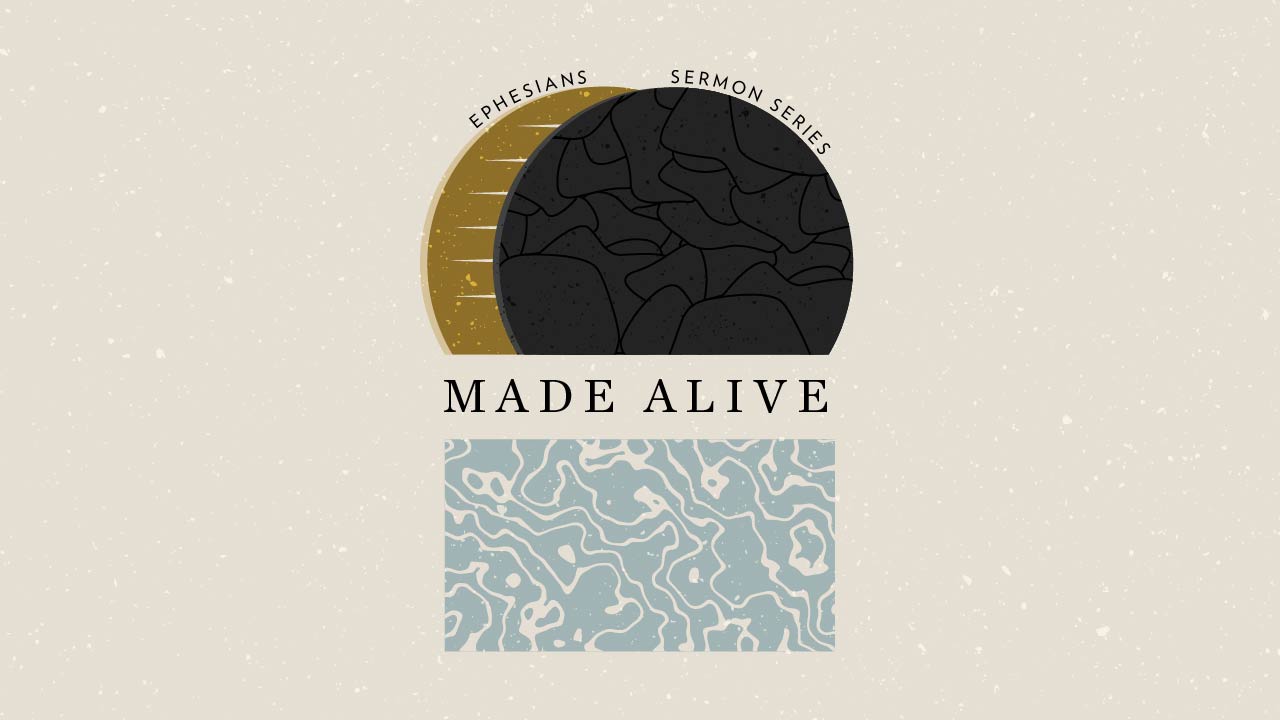Be Clothed in Humility
Peter ends this letter with a charge of humility: to the elders as they shepherd the flock and the church as it submits to the elders and readies itself for the sufferings and temptations that lie ahead. We must be humbled in the presence of God, remembering the truth from last week that judgment is coming in the household of God, recognizing the spiritual struggle we find ourselves in, and preparing for the suffering to come, but never forgetting the eternal glory in Christ it points us to.
Our Hope Is Found in the Gospel
As we reach the end of 1 Peter, we see Peter encouraging the church to stand firm. And how is it that Peter calls us to stand firm? By looking to Christ, seeing His past sufferings and looking to His eternal glory to come. Not trying to cover up the difficult truths of earlier chapters, Peter reminds us of the suffering before us and that our hope through it is in the Gospel that says that after a little while, Christ Himself restore, confirm, strengthen, and establish us.
The Gift of Joy Is Wrapped in Suffering
Everyone wants to feel joy and it is God’s desire for us to have joy. The New Testament speaks often of joy, however, this joy is always described in terms of suffering. Peter tells us to not be surprised when we suffer, but rather to rejoice when we suffer. Why? Because when we suffer, God is intentionally working in our lives to sanctify us, reveal His Son to us, and glorify Himself through us as we share in the sufferings of Christ. Our joy is in Christ and in His Gospel, and His Gospel hinges on the intense suffering of the cross.
Suffering, Hope, and Truth
Once again in 1 Peter we find ourselves at a passage talking about suffering. Here Peter reminds us again of the opportunity we have to see God and His glory revealed in our suffering. It is far too easy to sit in the self-worship of our shame and doubt, but we are called in the midst of our suffering to still think as Christ thinks, rejoice in Christ’s glory revealed, and trust that our faithful God, in His glorification, seeks after our good.
The Way and Strength of God
In a phrase, the message of this passage is simple: “Live like God.” We may know the truths of the Gospel, but why do we continue live as if the material possessions, idols, and passions of this world can satisfy our souls? We need to think like Christ who chose suffering and was maligned for the sake of righteousness. Rather than allowing our hearts to fall into the temptation to live for ourselves, we need to arm ourselves by thinking like Christ to do all that we do (loving, speaking, serving, etc.) to the glory of God through the strength that He gives us through His Holy Spirit and the grace of our Gospel identity.
Christ Our Hope
In what Martin Luther described as the most obscure passage in all of Scripture, a passage that he did not understand at all, Peter speaks to us again on suffering. Here, though, we are promised a blessing and a hope if we bless in our suffering. In the New Testament, joy is always mentioned in light of and throughout a period of suffering. What then is our blessing and our hope? Jesus Christ Himself. In suffering we have the opportunity to reveal Him as our hope, in not reviling despite being reviled, as He did. In that power to suffer well, we have joy in identifying with Christ and our suffering, when paired with bold proclamation of our hope in Christ, makes a strong witness to the Gospel transformation in our lives.
A Gospel-Formed Community
Throughout this section of the text, Peter lays out a description of what the love of the church community should look like, both within the church and in the way the church interacts with the world around her. Further, all of this flows from the fact that we have seen this love displayed to us by Christ. This all sounds great: we love community, we love the church reaching out in love, and we love having all of this being informed by the Gospel. The problem for us, though, is that this love is displayed in suffering. Our good hope in Christ is revealed when people walk all over and we continue to love them, just as Christ suffered for our sins, “the righteous for the unrighteous”, and continues to love us even as we spurn Him.
Fearless Submission and Understanding Headship
In our culture, gender roles are a delicate issue. Scripture does not affirm in any way—rather, it flatly denies—that either gender is inherently superior to the other. Men and women are equally valuable and both are made in the image of God, but they are not interchangeable. Adam could not image God well alone, he needed to be complemented by Eve. Just as the church submits to a loving a loving Savior, wives are to submit to their husbands. And as Christ gave everything for the church, husbands should lead their wives sacrificially. But after centuries of sin, the Gospel has been hidden by human pride. Adam and Eve’s complementary lives made to glorify and image God now image pride, corruption, and lack of trust in God more than anything else.
Gospel-Displaying Marriages
There is a lot of controversy that surrounds issues of gender in marriage. Peter lays out for us a groundwork for the dynamics of a biblical marriage relationship, but over many centuries of sinful humans using and abusing it, the Gospel in it has been lost and the doctrine left misunderstood. What does Scripture actually mean when it calls wives to submit? When it calls husbands to lead understandingly? When it refers to the woman as the “weaker” vessel? How is any of this actually good and how does it commend the Gospel?
Sojourners and Exiles
1 Peter was written in a time when Emperor Nero had falsely accused Christians of burning Rome. Thus, Christians were being crucified, sent to the arena to be eaten alive, and burned to light the city at night. This is the context in which Peter calls us to serve and submit to authority, even in the midst of suffering. The same Peter who tried to fight the temple guards with a dagger tells us to lay down our rights to take the cause of the rights of others, for God’s glory and their salvation.



